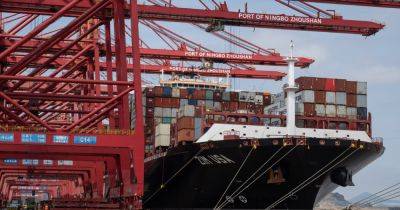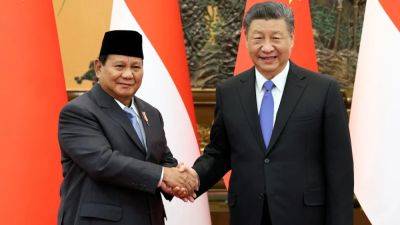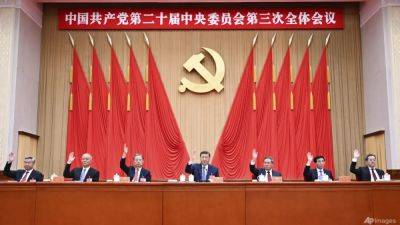Risk to resilience: China’s economic security strategy
This article was originally published by Pacific Forum, a Honolulu-based foreign policy research institute founded in 1975.
In 2014, at the inaugural meeting of the National Security Commission, China officially introduced the concept of “comprehensive national security,” framing economic security as its basis.
Safeguarding economic security, under this framework, entails improving China’s economic strength while controlling financial risks and fostering economic resilience. However, the unforeseen Covid-19 pandemic exposed China’s economic vulnerabilities, leading to a post-pandemic recovery more sluggish than many observers had anticipated.
With challenges from the external environment, theories such as “peak China” predict a pessimistic future for the Chinese economy and warn of a more aggressive Beijing if it loses its legitimacy rooted in decades of remarkable economic growth.
Domestically, China faces challenges on two fronts: demographic shift and financial risks concentrated in the property sector and local governments (LGs). The long-term effects of the one-child policy (1979-2015) and increasing life expectancy are straining China’s shrinking labor force and fragile social safety net.
In the near term, high urban youth unemployment rates reflect both cyclical and structural issues in the Chinese labor market. The highly competitive environment and financial stress of living in cities have led urban Chinese youth to “lie flat,” rejecting the intensive work culture and delaying employment.
The financial stress of living in China is often connected to the country’s extremely high housing prices, which can be traced back to the Chinese LGs’ reliance on land finance.
Since the late 1980s, land sales have been a







